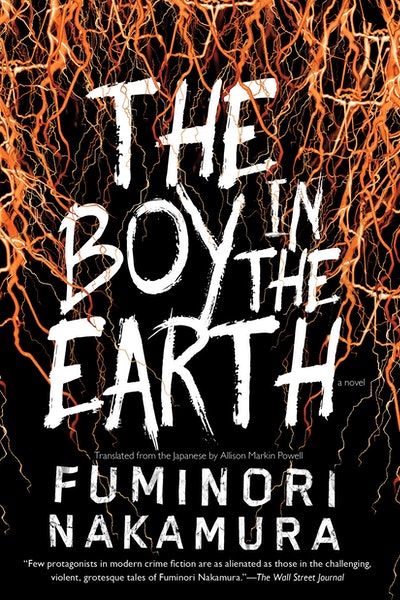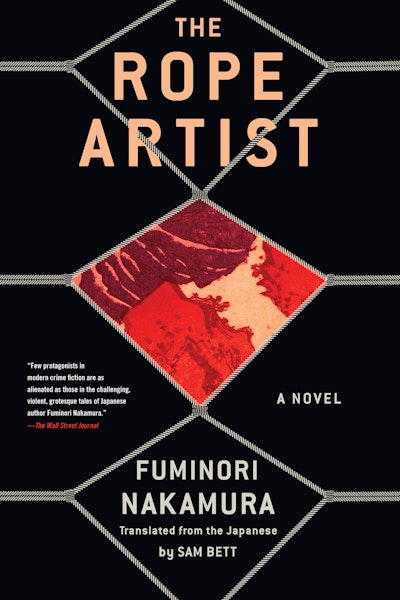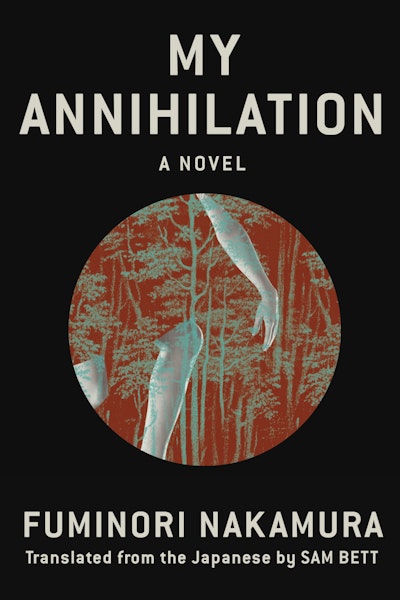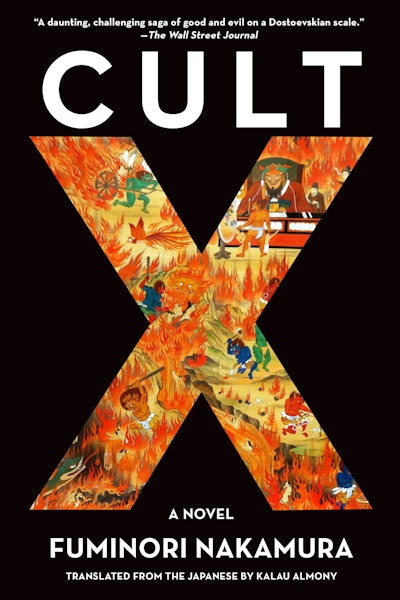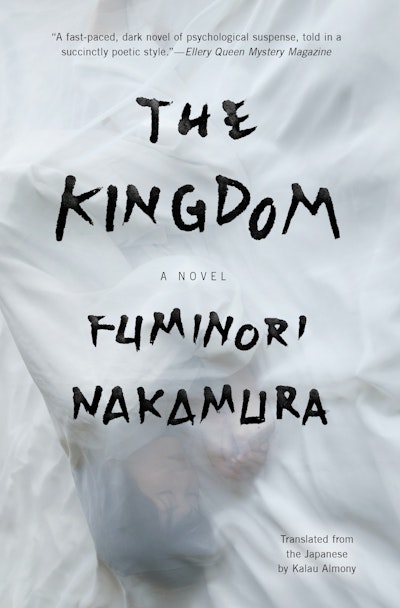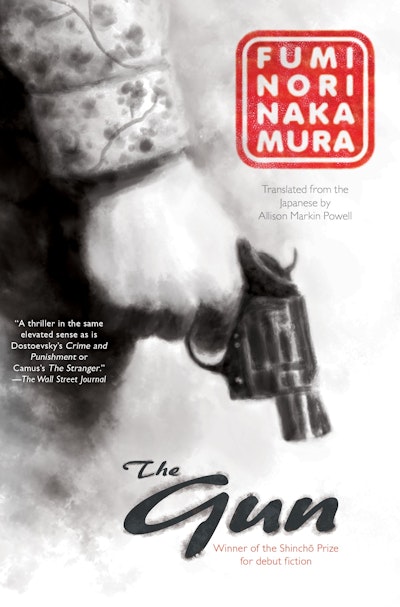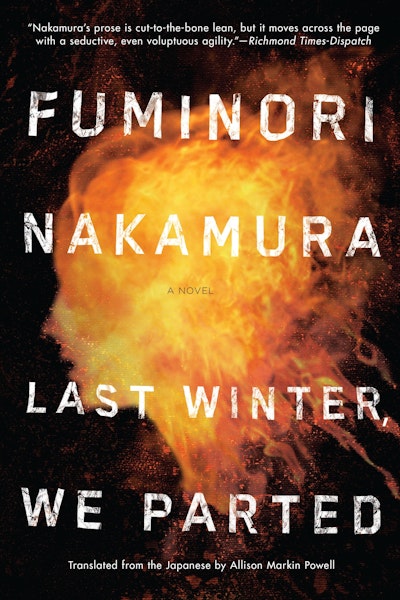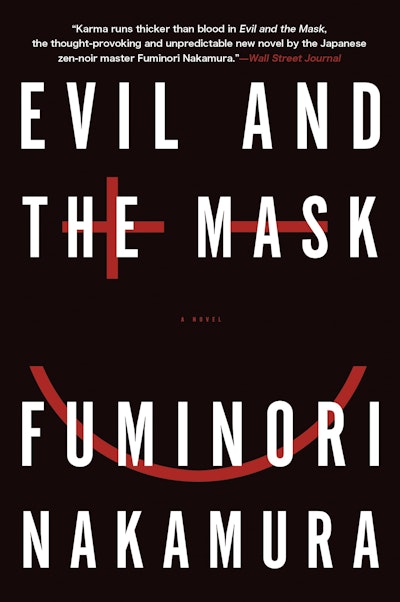- Published: 30 July 2018
- ISBN: 9781616958954
- Imprint: Soho Press
- Format: Paperback
- Pages: 192
- RRP: $32.99
The Boy in the Earth
- Published: 30 July 2018
- ISBN: 9781616958954
- Imprint: Soho Press
- Format: Paperback
- Pages: 192
- RRP: $32.99
Praise for Fuminori Nakamura
"Crime fiction that pushes past the bounds of genre, occupying its own nightmare realm... Guilt or innocence is not the issue; we are corrupted, complicit, just by living in society. The ties that bind, in other words, are rules beyond our making, rules that distance us not only from each other but also from ourselves." --Los Angeles Times
"This slim, icy, outstanding thriller, reminiscent of Muriel Spark and Patricia Highsmith, should establish Fuminori Nakamura as one of the most interesting Japanese crime novelists at work today." --USA Today
"Nakamura's prose is cut-to-the-bone lean, but it moves across the page with a seductive, even voluptuous agility." --Richmond Times-Dispatch
"Some of the darkest noir fiction to come out of Japan--or any country--in recent years... Nakamura's stories, however labeled, are memorable forays into uncomfortable terrain." --Mystery Scene
